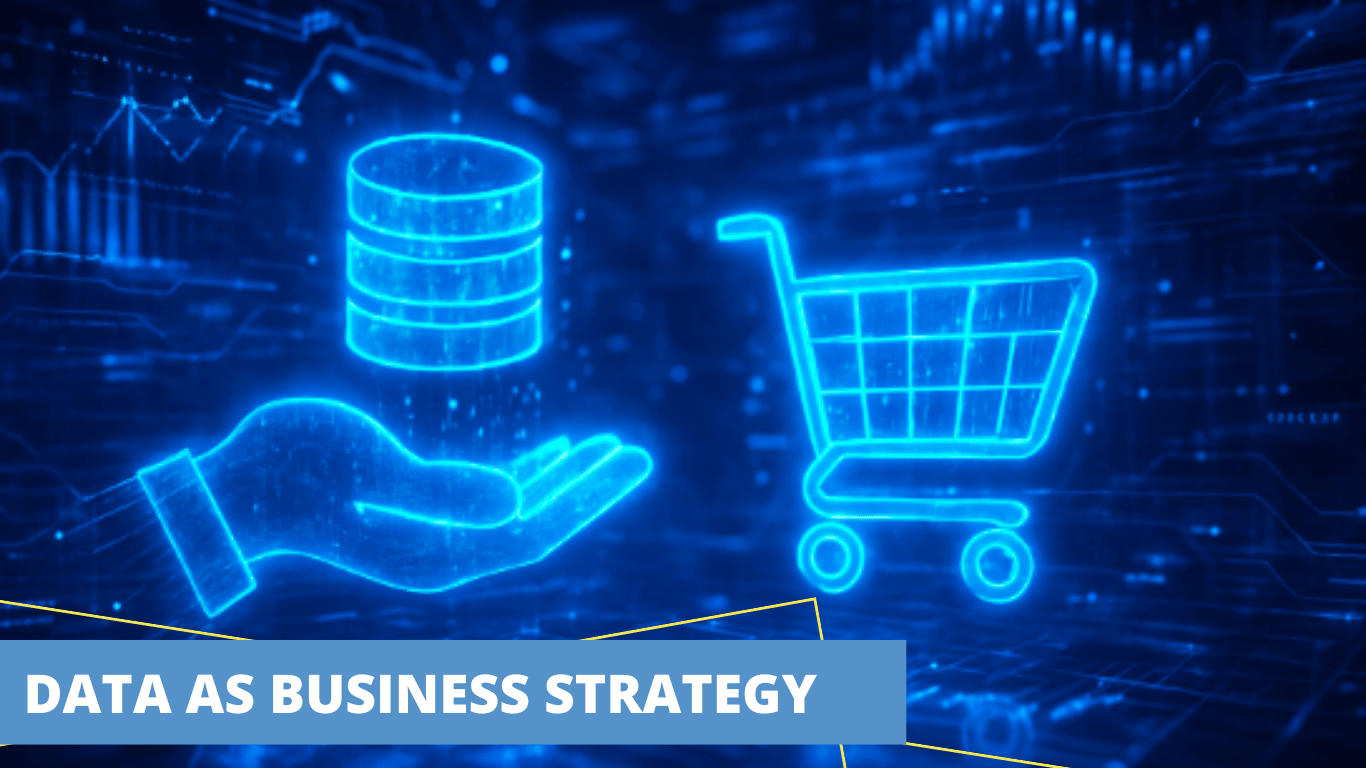Data as Business Strategy - Issue #578 Tuesday, October 21st 2025 08:25AM

The Focus
Private markets no longer feel like a sidecar. Investors keep allocating to private equity and credit, and they want cleaner, faster intelligence to manage risk and fees. That demand explains why large providers are racing to buy specialist datasets. S&P Global’s agreement to acquire With Intelligence fits this shift: a bid to pair distribution and tooling with first-party information sourced from allocators and fund managers. Reuters, the Financial Times, and the Wall Street Journal each framed the deal as a scale play in a market that is still expanding and still under-served by standardized data.
Two structural currents give this move extra weight. First, who pays for information has changed. Europe’s MiFID II forced asset managers to separate research costs from trading, turning research into a line item instead of an implicit bundle. The UK has since added “payment optionality” so managers can fund research more flexibly, but the principle remains: firms must budget for insight, track consumption, and show value. Data is not free; it is priced, audited, and procured.
Second, market data costs keep drawing fire. European venues face scrutiny over rising fees, and the EU and UK are pushing a consolidated tape to lower friction and improve transparency. If core price data stays expensive or fragmented, investors will lean harder on private sources that map relationships, fundraising, and flows.
Private capital keeps growing, even after higher rates. BlackRock’s outlook points to private markets potentially topping $20 trillion by 2030, and McKinsey finds LPs planning to add, not cut, exposure. Growth brings accountability demands: comparable benchmarks, consistent tagging, workflow that links documents to cash flows. A buyer with global reach and an engine for indices, credit, and analytics seeks to meet that demand with deeper private datasets.
The question for clients is simple: will the combined platform reduce the cost of decision-quality data and shorten the time from event to model? If the answer is yes, private assets become easier to underwrite and monitor. If not, fragmentation persists and procurement budgets swell. Either way, data sits at the core of returns, fee negotiations, and reporting. That reality is pulling fintech, research, and market infrastructure into the same stack.
Read the news:
S&P Global to Acquire With Intelligence for $1.8 Billion
Your Voice Matters
Share your insights with us!
🚀 Join over 6,000 fintech professionals staying ahead of the curve.
Follow FinTech Weekly for expert insights & industry updates!









